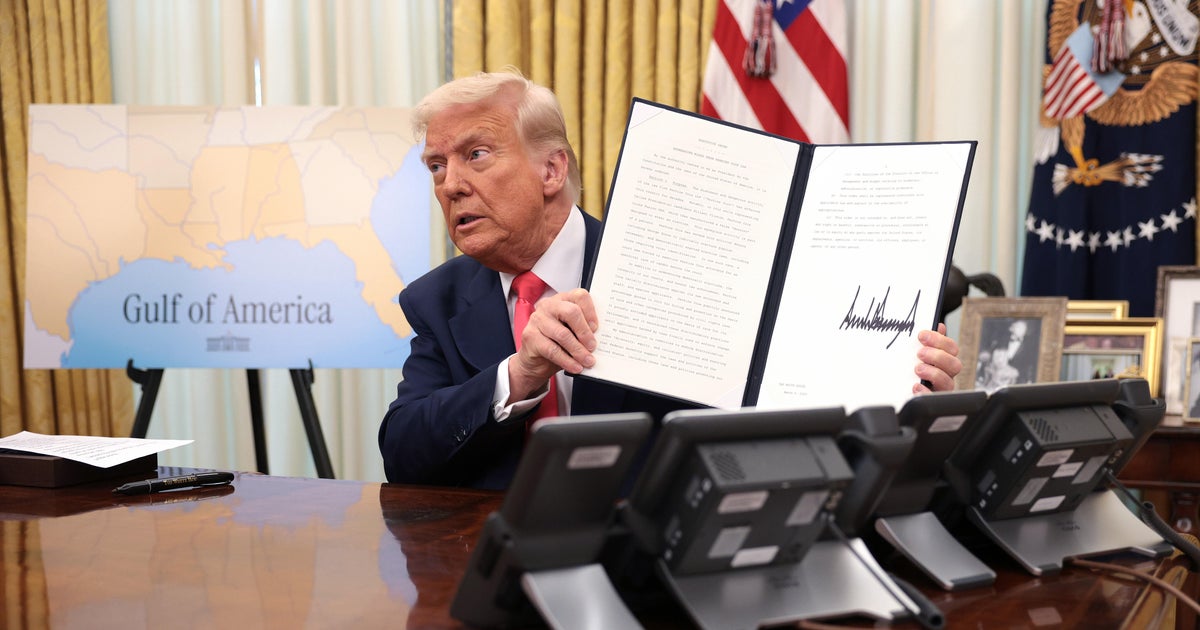Will China pull the trigger and dump U.S. Treasuries?
- A Chinese newspaper with ties to Beijing suggests China is studying whether to sell down its holdings of U.S. Treasury bonds.
- Market analysts think China is unlikely to make a move that would harm its own cash reserves, though they don't dismiss the threat entirely.
- Dumping Treasuries would likely raise borrowing costs for U.S. consumers and businesses, but it would also hurt the value of China's own Treasury assets, which top $1 trillion.
A deepening trade war between the U.S. and China is reviving questions about what other steps Beijing could take beyond hiking tariffs on American agricultural, electronic and other goods. One option, according to a Chinese newspaper with close ties to the Chinese government: Dump U.S. Treasuries.
Hu Xijin, editor-in-chief of the state-affiliated Global Times, purportedly said in a tweet Monday that Chinese scholars are discussing how such a measure could be implemented without harming the Chinese economy. In theory, that would push Treasury prices lower and send yields higher. U.S. interest rates would rise, increasing costs for American consumers on things like mortgages and auto loans and for businesses seeking to raise capital.
Yet while there have long been concerns that China could one day unload part of its more than $1 trillion in U.S. government bonds, which comes to about 5%of total outstanding U.S. debt, experts say such a policy is unlikely — at least in the short term.
Greg McBride, chief financial analyst at Bankrate, called the concerns overblown, saying that China dumping U.S. bonds "would be as detrimental to them as anybody else," he said. That's because in pushing down the price of Treasuries, China would be hurting the value of its own U.S. bond holdings.
Should China -- which flip-flops with Japan as the second-largest holder of U.S. debt — start dumping Treasuries, it also would destabilize the global stock market, said Art Hogan, chief market strategist at National Securities Corp. Other Treasury holders would likely follow suit as U.S. debt prices slid.
Like the Federal Reserve, China has already lessened its holdings of U.S. Treasuries, and could take a longer-term approach to continuing to do so, trimming down over a five-year time frame, for instance, said Hogan. But if China opted to dump its U.S. Treasury holdings, say between now and the end of the year, then the market likely "collapses a bit," Hogan said.
In short, self-interest alone would likely deter China from making such a dramatic move, Hogan told CBS MoneyWatch. "When they start to sell U.S. Treasuries in the open marketplace, they are going to hold a lot more than they can sell before they knock prices down, and they don't want to hurt their cash reserves."
It would be "a bold and aggressive one" by China, yet it would be akin to the Beijing government punching itself in the face, Hogan added.
The price of 10-year Treasuries rose Monday, pushing the yield down 2.40% from 2.45%, as investors sought safer assets. By contrast, U.S. and global stocks were pummeled, with the S&P 500 and Dow each falling more than 2% on the day and the Nasdaq sliding more than 3%.
China dumping U.S. debt "would probably roil and upset equity markets globally, and ironically increase demand for save-haven assets," said Dan Heckman, national investment consultant at U.S. Wealth Management. That's because such a move would "point to a growing concerns that the trade war is escalating, which is not healthy for global growth ad business activity."
Negotiating tactic?
J.J. Kinahan, chief market strategist at TD Ameritrade, said the report that China may be looking to dump Treasuries could simply be part of the negotiations tactics as Beijing and Washington continue to jockey over trade.
Another market analyst concurred, but said any signals from Beijing should be taken seriously. "I believe this is a classic 'throw the spaghetti at the wall to see if it sticks' ploy," said Kim Catechis, head of global emerging markets at Martin Currie. And, while Catechis is not convinced that Beijing intends to sell its stock of Treasuries, he does believe the threat will "resonate and stir up the White House."
The Trump administration should not view the possible scenario as an empty threat given that China, as an authoritarian state, is less beholden to domestic politics than the U.S., Catechis said.
Still, Heckman said if China did decide to start selling U.S. Treasuries, it would need to reallocate that money somewhere else, and the options are near zero. "Germany or Japan are the next safe havens, and if they go into those bond markets, they are looking at negative returns, depending on where they invest in the yield curve."



